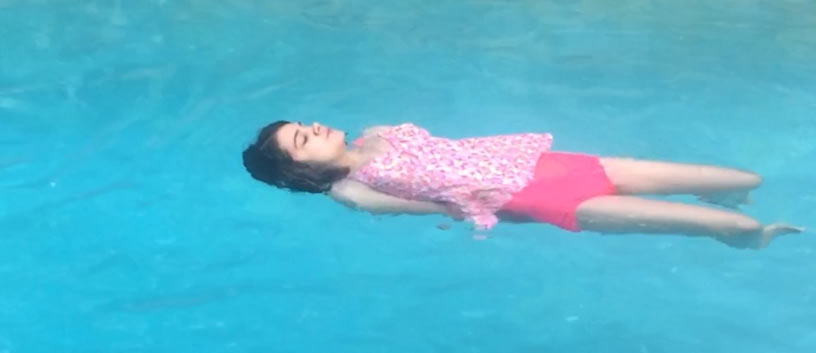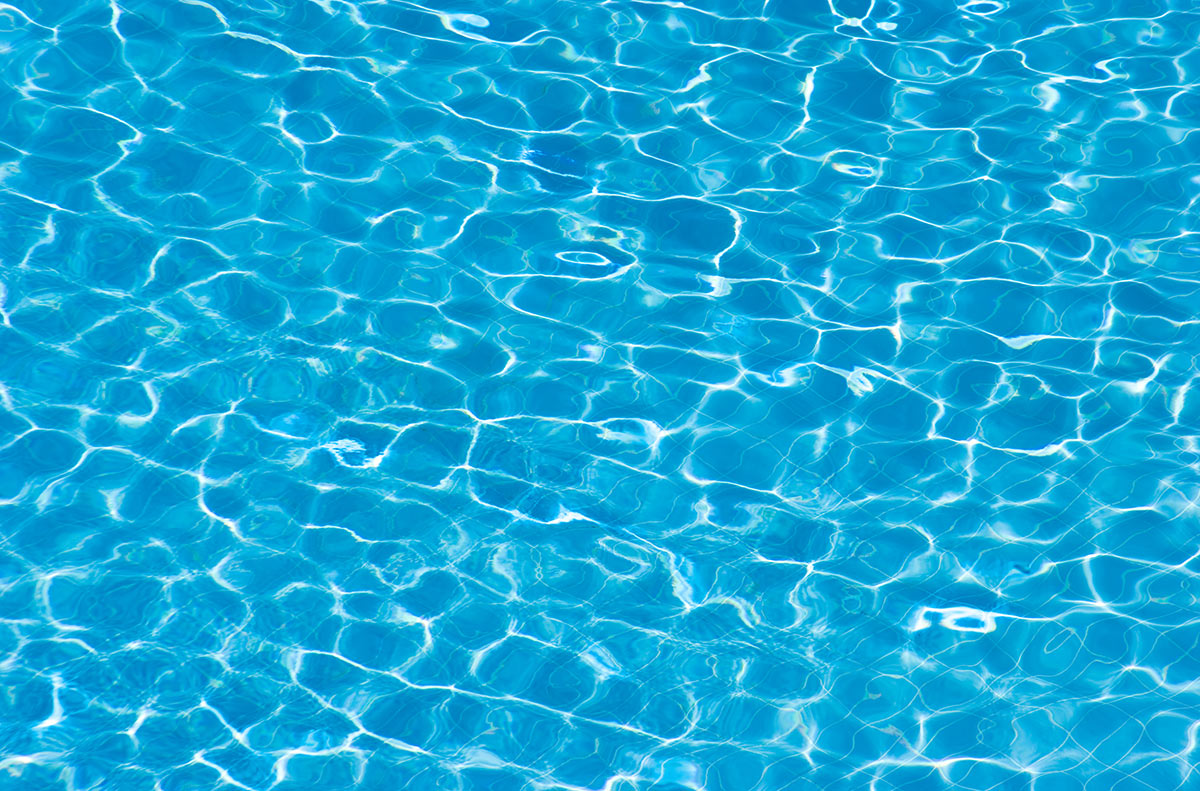For a boy living in Pennsylvania, summertime life centered around the Macungie swimming pool. Each year as school ended, a ten-week festival commenced recalled now in slices of memory as cannonball plunges, skin burn, hot concrete, concession stand hot dogs, and frolicking with girls.
As fun as that may sound, the boy’s first summer at the pool wasn’t quite so exciting. Having grown up in New York City, the boy didn’t know how to swim when his family moved to Pennsylvania. And the first summer at the pool was largely spent wading in the shallow water and crafting excuses to conceal his embarrassment. Eventually his parents took notice and decided it was time for swim lessons.
Few childhood memories are associated with dread as much as that week of swim classes.
On the first day, he was told by the swim teacher that all people were born with natural ability to float. And learning to float required surrendering fear and all notions of effort. Just trust the water and it will keep you afloat. Although simple in concept and natural once discovered, learning to swim that week was like an extended visit to the dentist’s office.
Trust the water? Was he nuts? People drown in water! It gets in your face and stings your eyes! How the hell can anyone trust the water?
Yet, the boy had no choice in the decision to be there. His parents had made that decision for him. And so the swim lessons carried on.
Each day the boy wrestled with the teacher’s advice. Maybe he wasn’t trying hard enough. So he put ambition to work and tried to float with all of his might, only to find himself sinking like a rock. After his face plunged repeatedly underwater, ambition was quickly extinguished by reinforced fear. Naturally, the sinking continued and this whole hellish affair perpetuated through repeated cycles of effort and failure.
Then on Saturday that week, he caught a break.
With swim lessons on pause for the weekend, he was able to hang out with friends at the pool with no expectations or pressure.
While having fun, the other boys encouraged him to join them in a game of ‘how long can you hold your breath underwater.’ The idea was a little intimidating at first, but he felt somewhat safe. He was standing in the shallow end and all he needed to do was close his eyes, pinch his nose, and hold his breath. It seemed harmless enough. And after a little hesitation, he gave it a shot and quickly discovered that he could submerge his head underwater and return to the surface alive. What a moment of epiphany! And within a matter of days, he was swimming from one end of the pool to another.
He didn’t return to swim class the next week. A teacher was no longer necessary.
That boy, now a man, hadn’t thought about the summer of swim lessons for some time. The memory only recently returned while coaching his daughter on swimming.
As he was encouraging her to float by supporting her back with his hand, he felt rigidity in her body and observed tension on her face. Fear and force of effort had turned her into a block of stone. No amount of reassuring words or advice made a difference. So he decided to drop the lesson and just let her play. The pointers he gave her were enough for now and there was no value in pressing her or offering further instruction. It would only contribute more to frustration.
Several days later, he glanced at the pool and caught a surprise. She was floating with her hands behind her back, gracefully drifting in a circle, silent and still. Similar to a leaf gently resting on the surface of a pond.
It appeared so natural. So effortless. It appeared as if she had always known how to float, yet only now was remembering a capability that was always there.
Perhaps the previous difficulty she had learning to swim was simply suppression of primordial memory. A kind of amnesia resulting from fear cultivated by the discomfort of getting water in her face and repeated warnings from trusted adults about the dangers of the pool.
And by just playing around without worry about “learning to swim,” the kid discovered trust in the water all on her own.
And shortly later, she was swimming like a fish.
Isn’t it interesting what kids can do when they absorb some tips, ditch the teacher, forget about technique and intention, and just simply play?

A Message for Advocates of Swimming Schools
It is not the intention of this essay to criticize swimming lessons, swim teachers, or students trying earnestly to learn to swim.
Swimming lessons are quite useful. Swim teachers offer valuable advice and encouragement. And getting past a lifetime of accumulated fear of the water and discovering why one keeps sinking often requires some experienced coaching.
Yet at a certain point of learning, the value of a teacher’s words are exhausted and it rests with the swimmer to remember their intuitive capability.
Trust in the water cannot be taught or learned from words.
Sometimes it’s best discovered by heeding the useful advice of a teacher, then just playing around in the water.
